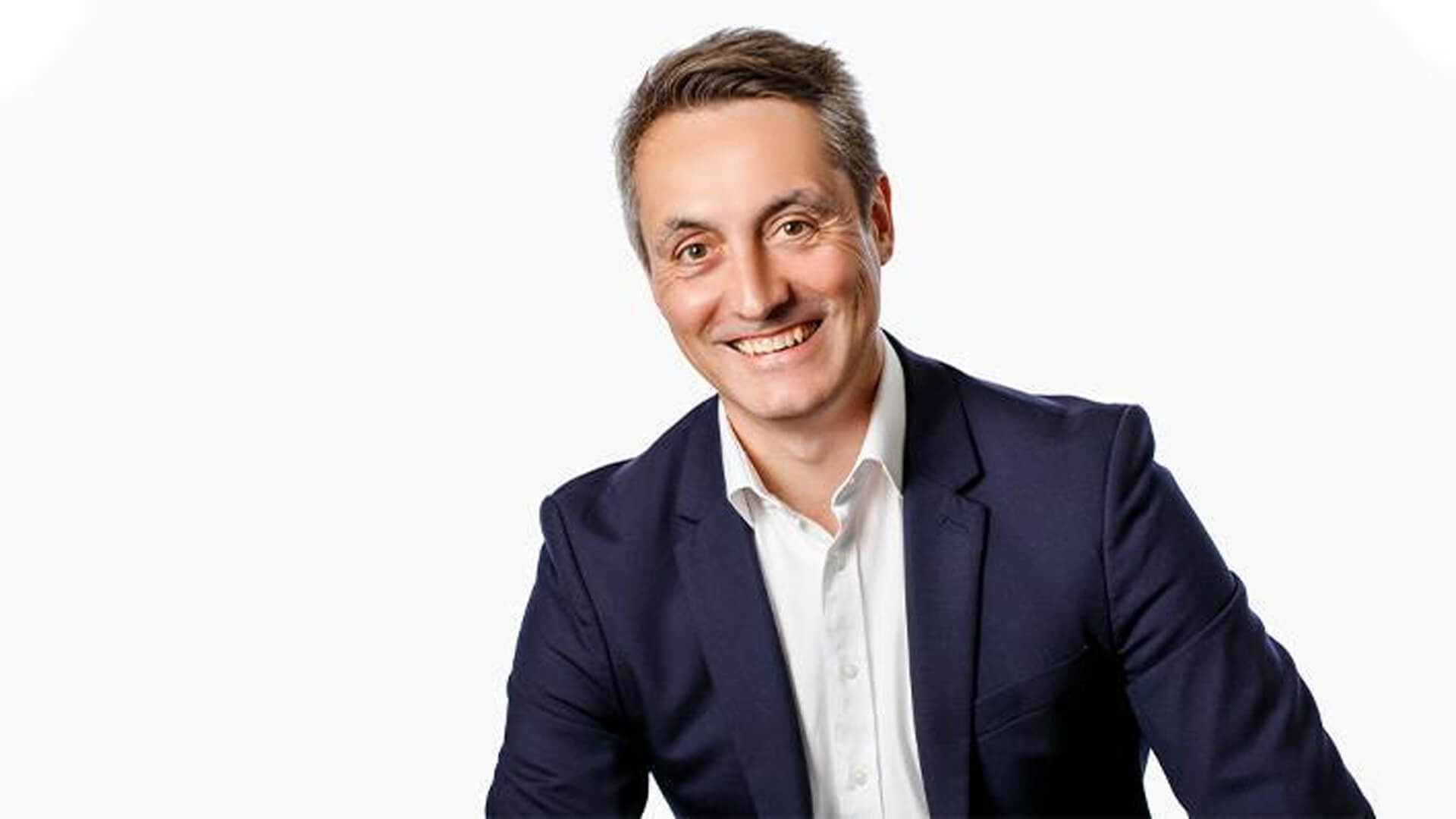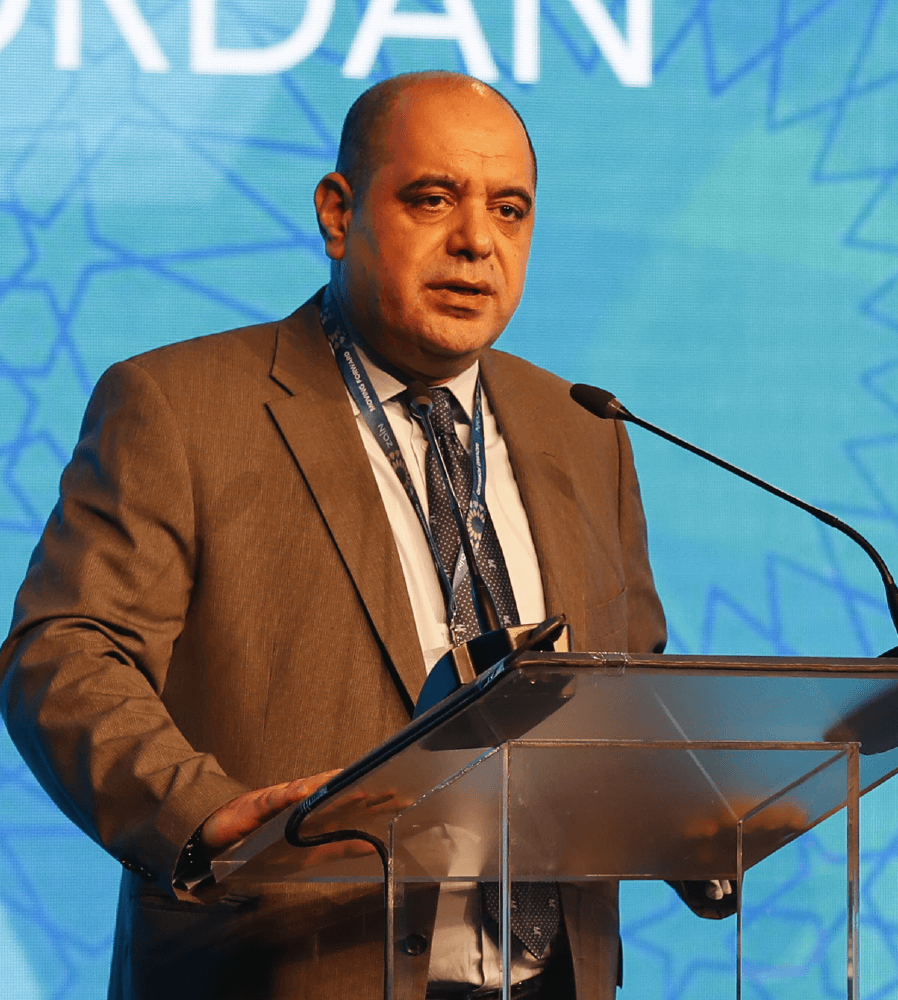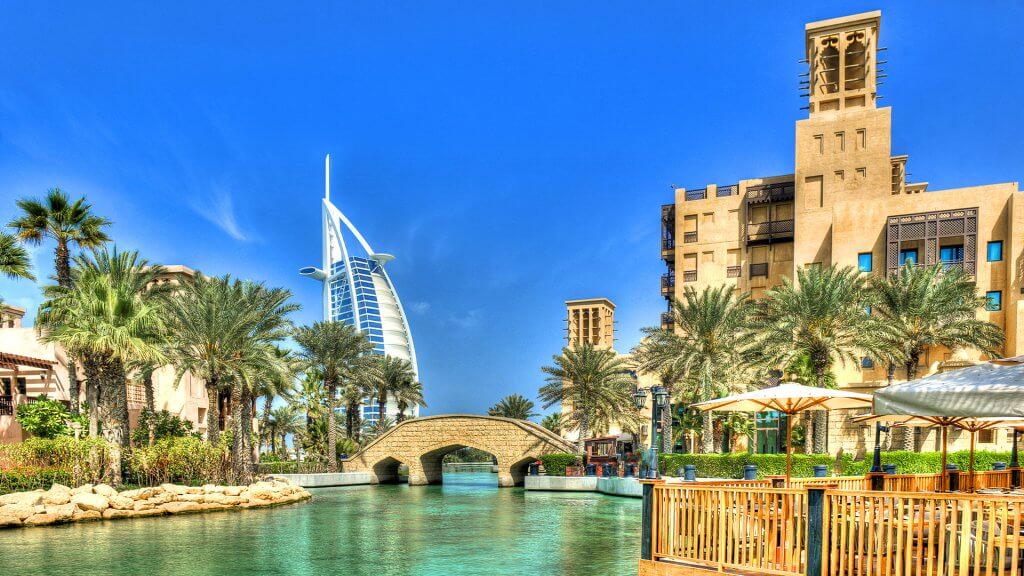2019 has seen huge growth and investment in the Maltese aviation cluster as the island moves to become a key aviation transit hub as well as a popular holiday destination.
The government has invested wisely in its aviation sector. Their primary aim is to make Malta an attractive jurisdiction for both private and commercial aircraft registration within Europe. Back in 2013, they kickstarted the Safi Aviation Park, which is a $20 million project to allow the aviation and aerospace industry to continue flourishing, encouraging growth. Aviation firm SR Technics are expanding their capacity of services, investing €40 million on its new centre in Malta as part of supporting the government’s strategy. The agreement between SR Technics and the government includes the implementation of a brand-new 30,000 square metre multi-bay hangar facility at the airport to house six narrow-body aircraft, expected to be completed by 2020.
Almost 40 airlines are now registered in the country. The move by Ryanair Holdings to invest in Malta Air, a start-up airline, expands its already sizable presence – the Irish airline already transports around three million customers a year and currently has six B737s based in Malta (which they plan to switch onto the Maltese register). Ryanair aims to improve access to non-EU markets from Malta and plans to increase the size of the fleet to 10 aircraft within the next three years. That will lead to the creation of over 350 news jobs. In addition, Ryanair is also looking to register another 50 aircraft from France, Italy and Germany onto the Malta AOC, raising the prospect of using the island as a maintenance hub. To illustrate the speed of growth in the sector, this news landed before the announcement that British aircraft manufacturer Britten-Norman was investing £1m to establish a local base on Malta, growing the cluster further.
These developments have created a huge demand for qualified workers. There are already more than 1,400 people employed in the aviation industry in Malta – an increase of more than 5 per cent over the previous 12 months. Despite the number of training schools for cabin crew, maintenance engineers, and for pilots on the island, the cluster’s growth is outstripping their ability to supply enough qualified individuals.
Having benefited from extensive government investment, it’s now over to the industry to provide the skilled individuals that are needed to support rapid expansion.
While we have been supplying workers to the aircraft maintenance sector in Malta since 2009, we’ve never had the benefit of a local presence. Now we have invested in a permanent office in Malta International Airport. As an aviation recruiter, we specialise in the provision of staff for the line maintenance for aircraft types and our strategy is to be present in key aviation hubs around Europe – in London Gatwick and Amsterdam Schiphol, for instance. There’s clearly need for our services on Malta. The skills gap presents an enormous challenge for the cluster. The biggest shortages are currently for licensed engineers and aircraft mechanics. The growing skills shortage could hold the industry back and unfortunately, it’s only set to get worse. It’s imperative that it’s tackled. A lack of talent can suffocate an industry’s growth.
We think the skill shortage can be addresses via a pragmatic two-tier solution.
In the long run, the intention is to invest in the next generation of aviation professionals by working with local colleges. They’re already producing people with the right qualifications. But some of their graduates are finding it hard to break into the aviation industry. They can’t get a job without experience. They can’t get experience without a job. It’s a Catch-22. But Qualitair can help break that cycle. We’ll help graduates get real-world experience off island by placing them through our client network across Europe. When they have experience, graduates can move back to the island. That will mean a ready supply of experienced, qualified labour augmenting the existing reservoir of green graduates. We’re already making progress, and have already signed a Memorandum of Understanding with the Malta College of Arts Science and Technology (MCAST) to formalise our partnership.
But you can’t produce experienced professionals overnight.
Hence, the short-term element of solution. Initially, Qualitair is planning to facilitate the immigration of skilled professionals from our international network to Malta. Fortunately, experience over the past ten years suggests aviation professionals find working in Malta very appealing. It’s not exactly a hard sell. The buzzing environment, clear opportunity for growth and development – not to mention the climate – make it a very attractive opportunity.
Combined, the two elements offer a practical, level-headed answer to the questions raised by the island’s skills crisis.
The government have now done their bit, however it’s now over to the market to meet people’s needs, and work towards building on creating a modern industrial success story, in a highly skilled industry. We’re confident that ideas we have been brought to the Maltese aviation industry can be used as a model across the Mashriq in the future, and help boost other local economies in the region.
Our new office in Malta marks the start of an exciting journey. The goal is to match what is possible with what is required – supply with demand. Qualitair is going to do that.
Paul Conway is Managing Director of Qualitair Aviation Malta.






















